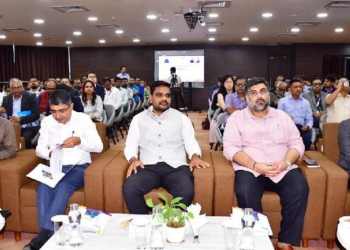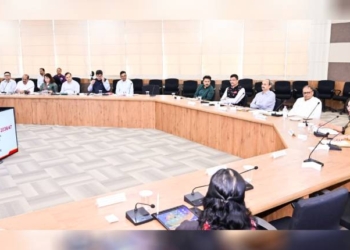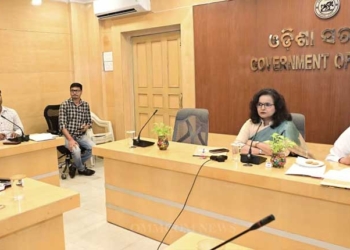New Delhi: The Biju Janata Dal (BJD) on Monday raised concerns over “significant discrepancies” in vote counts during the 2024 Parliamentary and Assembly elections in Odisha, submitting a formal complaint to the Election Commission of India (ECI).
A delegation, including all Rajya Sabha MPs of the BJD, visited the ECI headquarters to present their case.
The party alleged inconsistencies between Form 17-C (used by presiding officers) and Form 20 (compiled by returning officers) and variations in vote counts between assembly constituencies and their corresponding parliamentary constituencies.
The discrepancies ranged from 4,056 votes in Dhenkanal to 3,521 votes in Kandhamal and 2,701 votes in Balangir, according to their memorandum.
Highlighting an unprecedented issue, the BJD claimed, “For the first time in Odisha’s electoral history—and perhaps the country’s—the voting percentages reported at the close of polling day and those declared by the ECI two days later showed differences ranging from 15% to 30%.”
Addressing reporters, former MP and senior BJD leader Amar Patnaik stated that the memorandum was not politically motivated but aimed at ensuring greater transparency in India’s electoral process.
“We have immense faith in the Election Commission’s ability to conduct free and fair elections, and we are confident they will investigate this matter thoroughly,” he said.
When asked whether the discrepancies could be attributed to electronic voting machines (EVMs), Patnaik responded, “The differences could stem from machine errors, manual errors, process errors, or a combination of these factors.”
The BJD clarified that its complaint was not aligned with any opposition narrative questioning EVM reliability, nor was it seeking political leverage.
Party leader Sasmit Patra reiterated that the complaint transcended party politics, aiming solely to strengthen the credibility of the electoral process.
The Election Commission has assured the BJD that it will investigate the discrepancies and engage the party in further discussions.
The BJD, which was part of the BJP-led National Democratic Alliance (NDA) until 2009, now positions itself as a “strong and vibrant” opposition in Parliament after recent electoral setbacks.
















